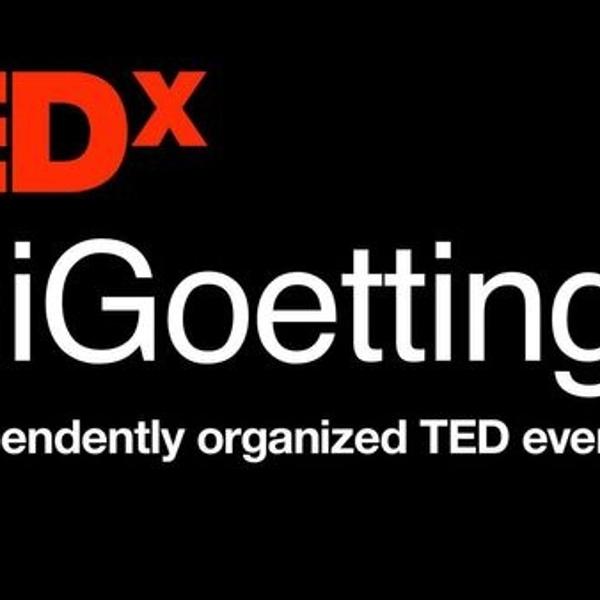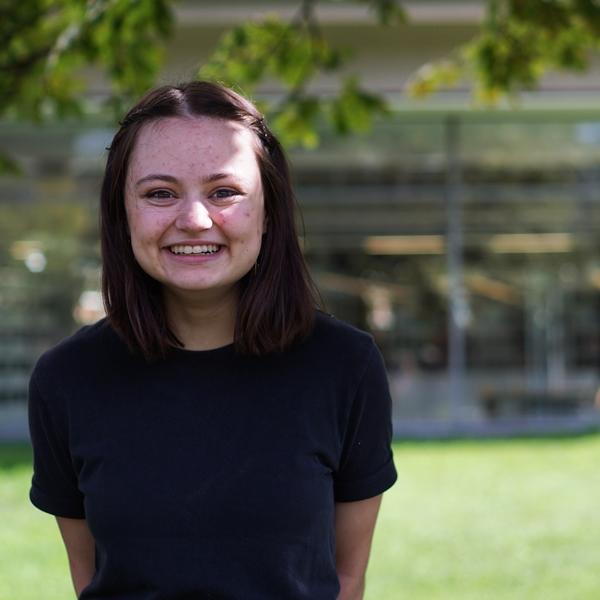Delaram Babaeihamedani
When it comes to choosing a book to read, there are different criteria to be highlighted. You should know what kind of purpose this book is serving. Is it just for the sake of entertainment or is it going to give us some information? We may also wonder how to choose a book in order not to get bored and be willing to turn the pages, but are we also supposed to read classics? Why do people read classics which are written over 100 years ago? What is the point behind it? Delaram is quite interested in reading and English literature in general. In this talk, she would like to talk about the difference between different types of books to read, and also the way we should look at literature in the modern world, and the choices we can make for our reading list.
Justin Gemeri
Justin Gemeri is an entrepreneur and founder of the startup Ekipa, which helped 50 innovation projects in the past 4 years. He wants to share his idea, that our digital generation is the key to an innovative and sustainable future. Since he finished his studies in 2018 in Frankfurt, he wanted to discover the patterns & mechanism that make an impact on a simple idea and transform it into the real world.
Natalia Ruiz Morato
Natalia Ruiz Morato is a Humboldt postdoctoral researcher at the University of Göttingen. During her work in Colombia she engaged with ethnic communities and small farmers, and understood that these are the key factors for biodiversity and the protection of them in the Amazon area. To ensure their access to rural justice it is essential to reduce violent conflict and the rampant loss of biodiversity.
In the fight for climate justice how does the affluent north engage with the global south to protect the small farmers?
And why is it so important for peasants to have acess to justice to help them to install sustainable development now?
Natalie Kruse
Natalie is a passionate linguist with a love for individualized language coaching. Language and communication training is her specialty and that's what she has been helping her clients with for 21 years now. She is the owner of Anders Englisch Lernen. Natalie founded this institute 17 years ago in order to work precisely in the way that brings the most benefit to each of her clients. She doesn't believe in textbooks or standardized courses, but believes that learning only works in a tailor-made suit, so to speak.
Viraf Mehta
Viraf, who is a postdoc in theoretical physics in Göttingen and has been a researcher in this field for over 10 years. If he's not a scientist he likes to play drums , but he's also a really active squash player. At the moment he's thinking a lot about representations in high energy physics and what the unwritten rules are for who is allowed to be theorist. The history is filled with great discoveries by great individuals but in a time of 'big data' science from large international scientific collaborations, is the idea of a typical genius physicist still relevant? What does a theoretical physicist look like? And why should that matter?
Since he worked in the intersections of particle physics, astrophysics, mathematical physics and mathematical statistics, he is trained to ask questions of nature and the universe. However in his talk, he'd like to ask a question that can shape the science of the future:
how can diversity, equity and inclusion help us to install now a better understanding of the universe?
Yashvir Chawla
Yashvir, a management graduate from PFH Göttingen, talks about social business while sharing his story of getting into the traditional business world at a young age.
He reflects on examples that are making an impact in this world with a different approach to innovation.
He explains how this new form of capitalism became the new means to achieve a better world.

